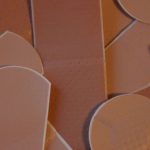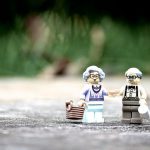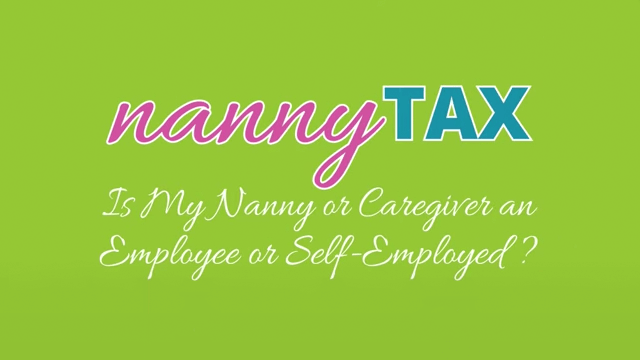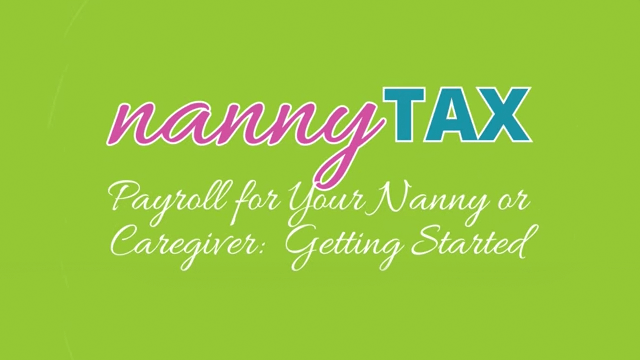
Eldercare Series: Signs of Poor Nutrition in Elders
Caring for an aging parent or loved one is a lot of responsibility. You do your best to follow their medication routine precisely as prescribed, you make sure they get their physical therapies and activity in, and you are responsible for making sure they eat.
If you’re lucky, your elder loves to eat, and will eat anything you whip up. Some elders, due to dental problems, dementia, or other conditions, may not eat as well. Some may be picky or claim that they just aren’t hungry. As long as your loved one is healthy, it’s okay that they don’t eat as much as they use to. However, if you suspect that they may not be getting adequate nutrition, it may be time to speak with their doctor.
Here are some signs and symptoms that your loved one may not be getting what they need from food:
Extreme Tiredness
Everyone gets tired, but extreme tiredness or chronic fatigue can be a sign that something isn’t right. While there are a long list of reasons and conditions known for causing chronic fatigue, a simple blood test can help pinpoint the culprit. Something as simple as not getting enough iron can be to blame. Long-term iron deficiency can lead to anemia, which isn’t fun. If you notice your elder is exhausted all the time, it’s better to be safe then to be sorry.
Hair and Nails That Break Easy
If your elder is not eating enough protein, their hair may become dryer, thinner, and start breaking easy. You may notice the same regarding their nails. Hair follicles are made up of protein, and while thinning hair and nail changes are normal in seniors, rapid hair loss and brittle nails are not. Brittle nails can also be a sign that your elder’s diet is lacking in important vitamins and minerals.
Foods like lean meats, beans, low-fat dairy, nuts, and eggs are great for helping your elder get the protein and iron that they need to keep their hair healthy. Serving an assortment of colorful fruits and veggies with meals may be all they need to improve nail health.
Dry Lips and Mouth
While your elder may have chapped lips from the heater taking the moisture out of the air, it can also be a sign that they are not getting enough vitamins. B2 is famous for causing cracked lips, especially in the corners. Foods that may help decrease chapped lips and dry mouth are almonds, dairy products, and green leafy veggies.
What does the ideal elder diet looks like?
According to the Health Canada website, your female elder age 51 and older needs two servings of meat or meat alternatives, three servings of dairy or dairy alternatives, six servings of grains, and seven servings of fruits and vegetables each day. For males, add in an extra meat and grain servings each day. According to the site, “In addition to following Canada’s Food Guide, everyone over the age of 50 should take a daily vitamin D supplement of 10 µg (400 IU). Vitamin D and calcium are important for bone strength and to reduce the risk of osteoporosis and fractures in older adults.”
Considering turning to those nutritional drinks and shakes they sell at the grocery store? Check out our article Are Those Store Bought Health Shakes Really Healthy?
Do you worry that your loved one isn’t getting what they need from food? What signs or symptoms have you noticed? What changes have you made to make sure they get proper nutrition? Be sure to leave a comment and let us know. Your comments could help others!
Photo courtesy of S P Photography on Flickr.










